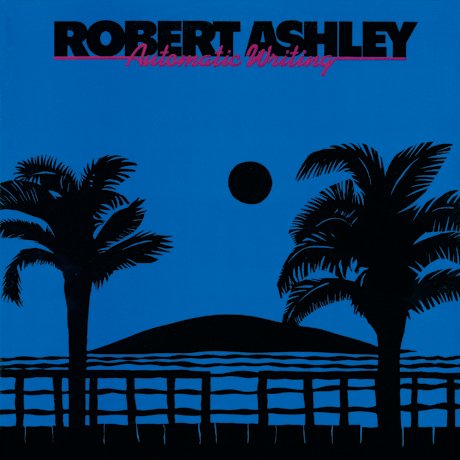I recently revisited composer Robert Ashley’s Automatic Writing after listening to several hours of Lil B The Based God. We live in an iPod-shuffled world of divergent tastes so this kind of thing can happen all the time. It always pleasantly surprises me though when this mode of listening offers new insight into connections that can be made across genres and disciplines.
Automatic Writing was composed over a period of five years in the mid 70s. Ashley states he was depressed by the public’s disinterest in his type of music (avant-garde operas). He was intrigued by “involuntary speech” because his own mild case of Tourette’s syndrome led him to juxtapose his own uncontrollable vocal outbursts with the unconscious actions inherent in composing music. He saw his involuntary speech like a primitive means of making music.
Apparently his initial attempts at recording these Tourette’s outbursts failed. He confesses that the performances ended up being imitations of involuntary speech while there were only a few moments where he truly lost control his speech. The story goes that he waited until the summer when Mills College (where he taught) was deserted. Then and only then did he collect 48 minutes of truly unconscious speech.
This would be interesting enough for me to listen to it all the time — Steven Stapleton of Nurse With Wound did listen to it all the time… on acid. But, no, Ashley didn’t stop there. Since he composed mainly in episodic experimental operas, he added three more characters to layer on top of his vocal part. The second character is a female French voice translation of the Tourette’s speech. Third, there’s a Moog. Fourth, there’s an organ. I find these other voices to be an important piece to the puzzle. The best avant-garde artists always feel a need to transgress form and content, delivery and substance.
I don’t think Lil B’s “based” freestyle is far off from Robert Ashley’s involuntary speech opera. Both artists tap into the subliminal, the unconscious, the involuntary. The performers channel words and thoughts instead of willfully creating them. Sure there are many differences between avant-garde operatic music and avant-garde post-millenial rap. But there is justice in the fact that people will recognize and appreciate the beauty of the artistic process in both cases.
